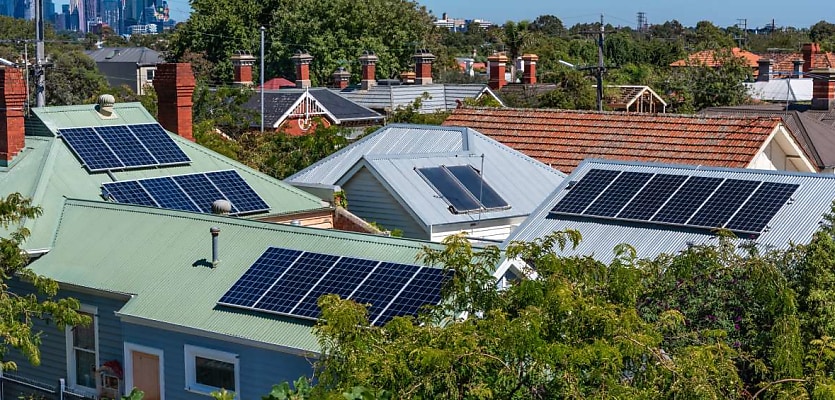The national fund is offering discounted loans to incentivise home owners making upgrades like rooftop solar or installing home batteries.
This is the first instalment of the government’s $1 billion commitment to the Household Energy Upgrades Fund (HEUF), which sees $60 million made available through lender Plenti to support cheaper finance for energy-efficient home improvements.
With this first $60 million, Plenti will be able to offer its green loan product to households at a discounted rate of up to 2.74 per cent per annum, and as much 3.34 per cent per annum if customers also sign up to become part of a solar battery network, called a “virtual power plant”.
Applications for the loans opened on 5 June, and are expected to help thousands of Australians complete energy-efficient upgrades.
Minister for Climate Change and Energy, Chris Bowen, noted that ultimately the $1 billion HEUF commitment will enable as many as 110,000 Australian households lower their energy bills by investing in renewable home energy assets.
“These loans will let more Australians put solar panels on their roof or a battery at their back door, providing big savings on their energy bills for decades to come,” Bowen commented.
Assistant Minister for Climate Change and Energy, Jenny McAllister, added that “just upgrading a house from a one-star rating to a three-star rating can reduce energy bills by 30 per cent”.
The Real Estate Institute of Australia (REIA) welcomed the initiative to help Australians retrofit their homes and improve the energy efficiency of Australian property, but noted that the task will require greater funding than is currently available to adequately upgrade residential and commercial buildings on a national scale.
The institute said that retrofitting required a holistic support program to tackle the “looming problem” of reducing the country’s carbon footprint.
“REIA learnt at the UN Global Forum on Buildings and Construction in March 2024 that retrofitting worldwide has been costed to be a $285 billion task. More will need to be done, and one key consideration is tax incentives for property owners and investors, as suggested by the crossbench and supported by REIA,” noted Leanne Pilkington, president of the REIA.
Even with lower-cost loans, the switch to green household systems can still come in at too high a price for many property owners.
“The last thing we need is more costs being placed on households as a consequence of net zero in the current cost-of-living crisis when home loan to income ratios remain at a 25-year low with no relief in sight,” Pilkington said.
ABOUT THE AUTHOR
Juliet Helmke
Based in Sydney, Juliet Helmke has a broad range of reporting and editorial experience across the areas of business, technology, entertainment and the arts. She was formerly Senior Editor at The New York Observer.









You are not authorised to post comments.
Comments will undergo moderation before they get published.